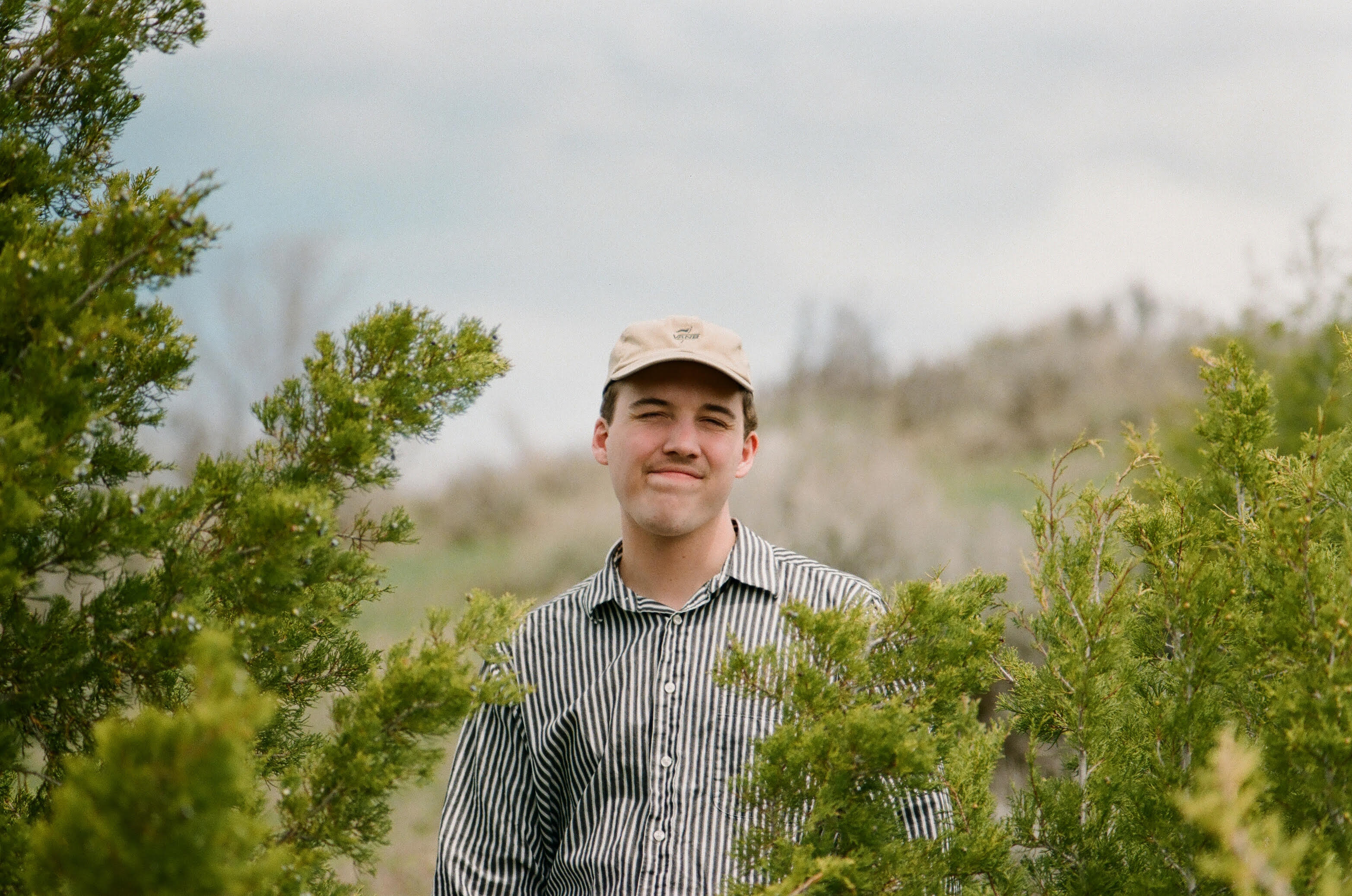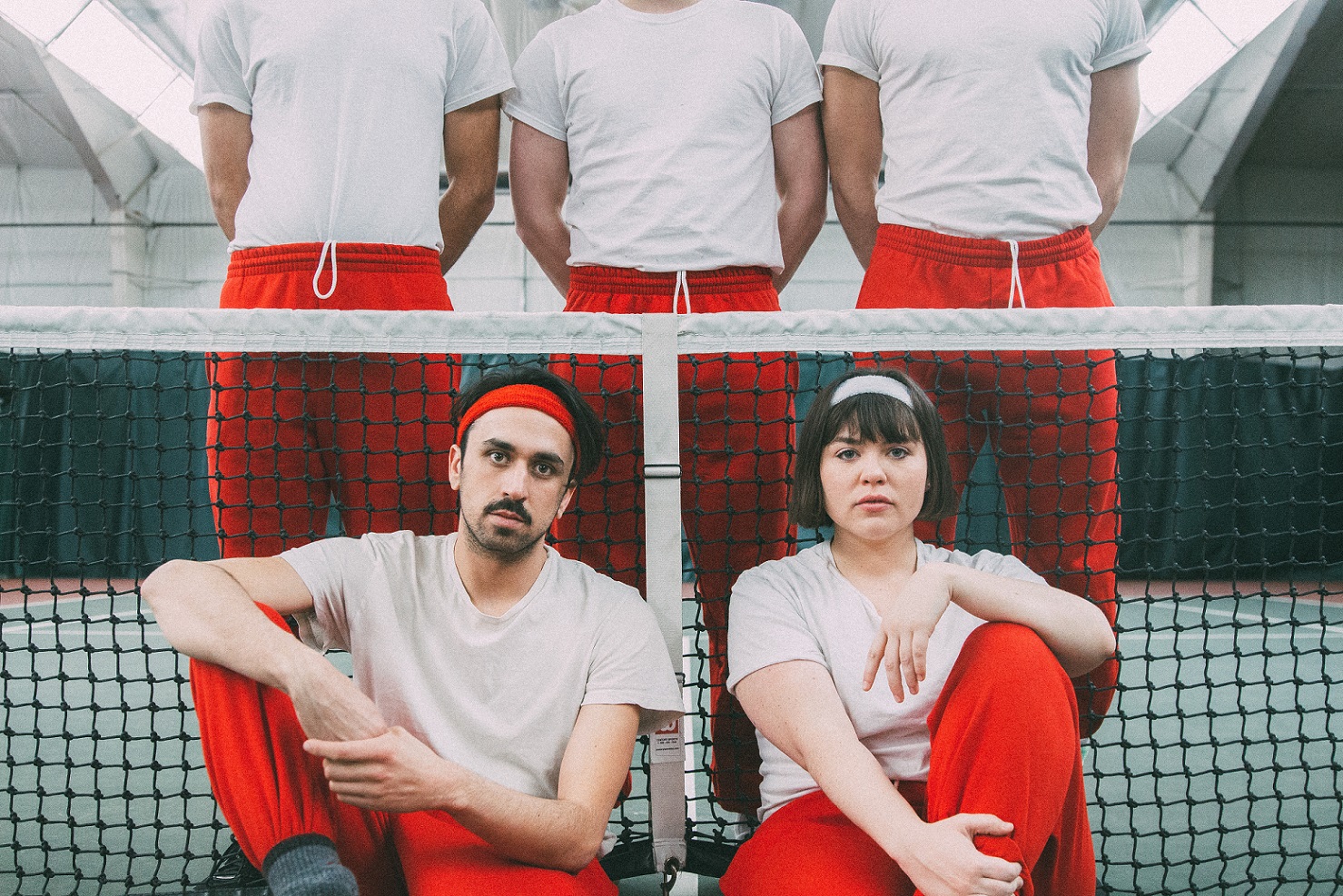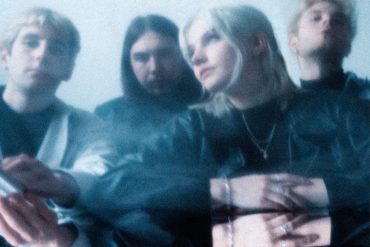Atwood Magazine is excited to announce Sound Tracks (formerly Film Notes), a column in which we feature moments from current television and film and how they are heavily impacted and elevated by music. We all have those moments when watching our favorite movie or TV show: The ones where you find yourself unexpectedly wiping a tear from your cheek, or realizing your heart is racing just a little too fast, or even experiencing extreme yet irrational joy. This is due in part to the story and the characters, but also to the music. Music plays perhaps the largest role in actually making us feel so intensely for what we see on screen. There’s a science as to how and why certain songs are placed within specific moments of a story; they exist to elevate the scene in a way that can only be done by music.
— —
Sadly, This Is Us ended its first season recently — but have no fear, the series has already been picked up for two more seasons. If you don’t watch this show, do yourself a favor and tune in. It’s everything everyone says it is…and more. The stories are compelling and the characters are real, but there’s another element to it that isn’t getting the attention it deserves. The music. Show composer Siddhartha Khosla does an outstanding job in elevating the emotion of This Is Us with thoughtful song choices and an outstanding original score.
Perhaps the biggest stand out in the series so far was the original song penned by Khosla and songwriter Chris Pierce “We Can Always Come Back To This,” airing in episode 16, titled “Memphis.” A welcomed twist, this song isn’t simply placed in the background to emphasize a scene. It was actually written into the script as a scene of its own, being an original song that one of the main characters, William, writes and performs with his band. “Memphis,” focuses on two of the shows main characters, Randall and his birth father William, as they travel back to William’s hometown of (you guessed it) Memphis so William can say goodbye before he passes away from cancer. “We Can Always Come Back To This” is a soulful ballad used twice in the episode to send one simple, powerful message: make memories with the people you love and they will stay with you forever.
“We Can Always Come Back To This” – Brian Tyree Henry
The song is first introduced in a flashback during William’s days of being in a band with his cousin. His cousin, played by Brian Tyree Henry, teasingly approaches him at the bar where the band often plays and a solemn William proclaims, “I’ve been writing and I think it might be good.” And thus, “We Can Always Come Back To This” is born. Immediately his cousin hoists him to the stage and the band begins to play the first verse of the song. This first verse is very much about the bond William and his mother shared while he was growing up. In the flashback she recently left him to take care of family in Pittsburgh. He wrote “We Can Always Come Back To This” as a way of coping in her absence. It’s his way of saying that they will always be there for each other, as they always have been, even miles away. Brian Tyree Henry holds zero emotion back as he sings the verse,
Standing at the station,
We don’t know what to say.
Looking out the window,
As you are rolling away.
If I’m gonna be alone,
Let it be with you.
Mother don’t you cry,
We are gonna be alright.
Open up your suite case when you get there tonight.
You’re not alone.
I’m always always here with you.
It’s filled to the brim with soul and has the signature Memphis blues sound all over it. The scene then continues with the band playing this song over a period of time. It could be months or years, but each time they play it the crowd grows larger and their faces grow happier. At the end of the sequence you’re left to see how this song has turned this group from a cover band into something real. Unfortunately, things don’t always work out the way you’d hope, and for young William in the flashback this was a truth he was okay with facing. He received a call from his ailing mother in Pittsburgh, and although she told him not to come, he immediately packed his bags and left his budding success in Memphis to be by her side. Yes, William was about to achieve his dreams, but how could he stay in Memphis to do that when the very song that got him to this point is based on his loyalty to his mother? What a brilliant play by the writers. By creating this song, they have let the audience in on a little secret as to why William is who he is. The lyrics of the second verse explain his actions while the bass and the keys pick up reinforcing the passionate feeling you get when thinking of someone you love,
No matter where we go from here.
No matter how the cards would fall,
I’ll pick you up
and you hold me too.
So don’t give up on me,
I’ll never give up on you.
everything is going be alright.
As the episode goes on, the audience is able to see how deeply this song parallels between William’s relationship with his mother and with his son. In present day, William takes Randall around Memphis. They go to the old bar where it all started, and William plays with his old band, giving Randall a memory he can cherish forever. A memory he can always come back to. The lyrics of the last verse mirror the present in a way young William never knew they would.
I know you believe it too.
if I’m gonna be alone,
let it be with you.
if I’m going to be alone,
let it be with you.
Look up not down.
It all comes around.
Even when you’re gone,
We can always come back to this.
After a perfect day with his son in Memphis, the place where it all started with his mother, it becomes clear that William’s time is sadly running out. He is rushed to the hospital where he is able to share his final words with Randall. These words are subtle wink to the song he wrote oh so many years ago. As William fades, Randall states with a tear, “I’ll call Beth, (his wife) I’ll have the girls here hugging you within hours.” William quickly reply’s, “No, no, no, no–I said goodbye when they were laying down. I want them to remember looking up at me not down. Up.” His final words to Randall are heartbreaking, yet inspiring. “Roll all your windows down, Randall. Crank up the music, grow out that fro – let someone else make your bed… I haven’t had a happy life. Bad breaks, bad choices, a life of almosts and could-haves. Some would call it sad, but I don’t. Cause the two best things in my life were the person in the very beginning and the person at the very end, and that’s a pretty good thing to be able to say I think.” Just as the song says, it all comes around.
“We Can Always Come Back To This” is a character in itself the show created to reinforce the message that even after they’re gone, your loved ones will always be with you. It’s an honest and compelling reminder to cherish the people you love and to create memories with them that will last a lifetime. Whether it’s going on a road trip with your dad to his hometown, or dancing in the kitchen with your mom as a child. Make the memories, because when you do, you’ll always be able go back to them. The song plays one more time at the end of the episode in a stripped down acoustic version sung by Hannah Miller, allowing the feeling of loss and love to sink in. As Randall makes his drive back north, the stripped down version plays. He rolls his windows down and cranks his music up.
—-








